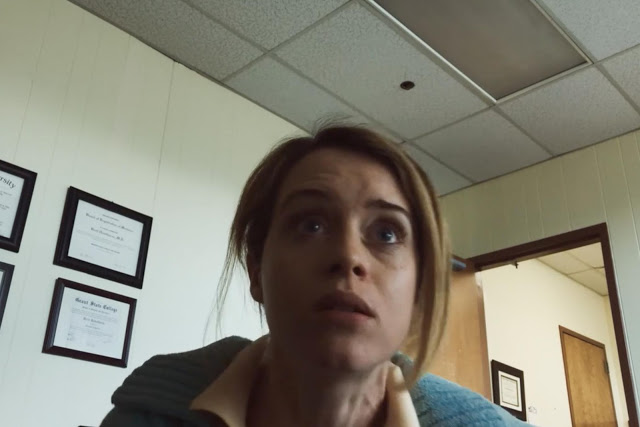Black Bag: Sex, Spies, and Videotape

Multiple dinner parties take place in Black Bag, and you, perceptive viewer and honored guest, are expected to bring a number of things to the soiree. Don’t worry about the wine or the hors d’oeuvres; your host, director Steven Soderbergh, has all manner of luxury covered. Your job is to arm yourself with more sensory gifts: a sharp set of eyes, the better to peer through the low digital lighting; an engaged and discerning mind, crucial to navigating David Koepp’s labyrinthine script; and a healthy appreciation of classical glamour, incarnated here by Cate Blanchett and Michael Fassbender.
That last ask is hardly a tall order. Blanchett and Fassbender are capable of getting dirty—she melted down memorably in Tár, he went feral in 12 Years a Slave—but they’re best associated as ambassadors of crisp, patrician elegance. Here they play Kathryn St. Jean and George Woodhouse, and if those names don’t tip you off as to their nationalities, their accents and wardrobe surely will. One of the first times we see George, he’s prepping a roast, decked out in a striped apron, his features accentuated by a neat haircut and severe black spectacles; after a dollop of sauce stains his shirt cuff, he insists on changing before the company arrives. Quite a few crimes are committed in Black Bag—theft, murder, unauthorized government surveillance, bleeding on a new rug—but the one offense that unifies the characters is that of aggravated Britishness. Read More




